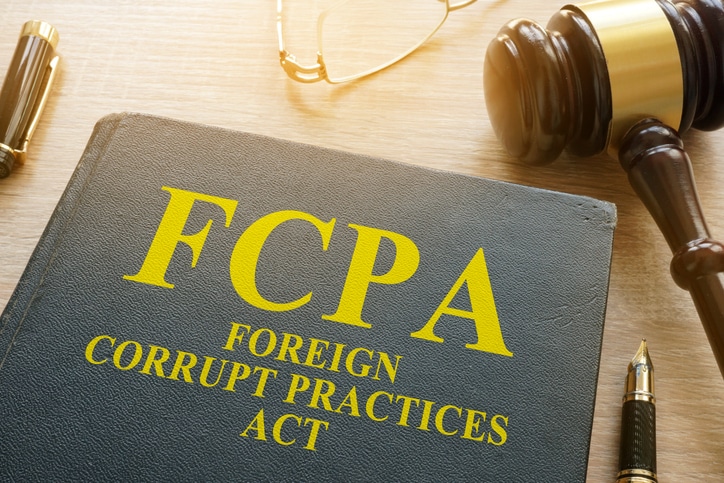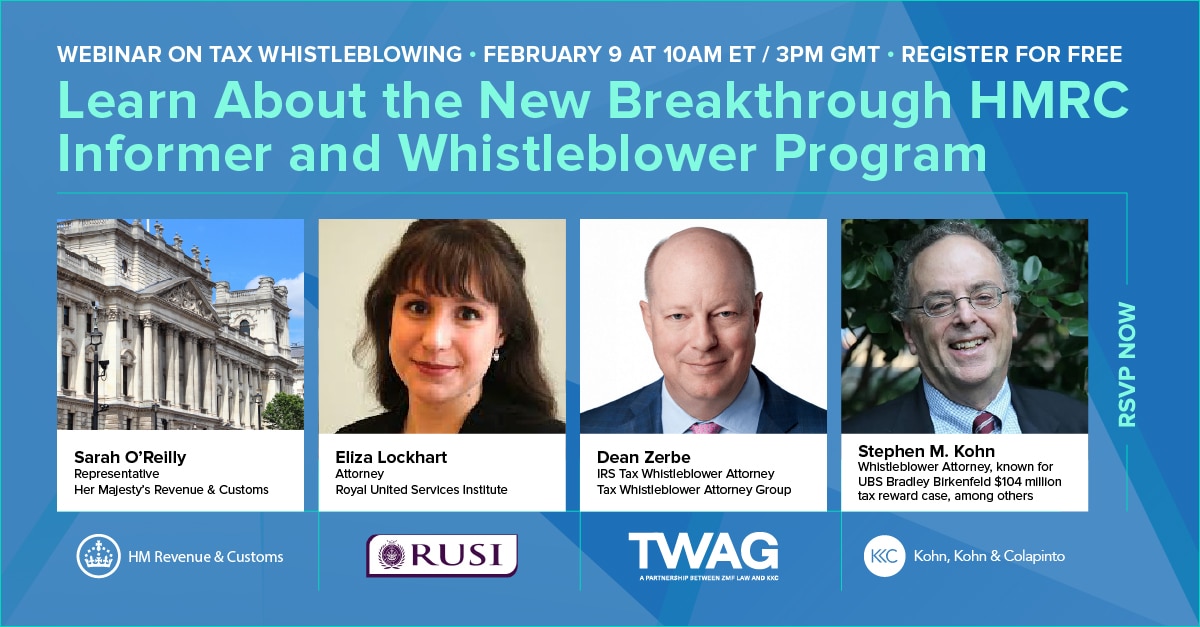DOJ Releases New Guidelines for FCPA Enforcement

On June 9, the U.S. Department of Justice (DOJ) released its “Guidelines for Investigations and Enforcement of the Foreign Corrupt Practices Act (FCPA)” outlining how the agency will handle FCPA enforcement following an Executive Order issued by President Trump in February which called for a pause and a restructuring of FCPA enforcement efforts.
The guidelines outline an approach to FCPA enforcement based on the notion of “vindicating U.S. interests.”
In a speech on June 10, the Head of DOJ’s Criminal Division, Matthew R. Galeotti, explained this idea:
“The through-line is that these Guidelines require the vindication of U.S. interests. People have speculated about the meaning of that phrase, but the DAG’s memo makes it clear. It is not about the nationality of the subject or where the company is headquartered. In plain terms, conduct that genuinely impacts the United States or the American people is subject to potential prosecution by U.S. law enforcement. Conduct that does not implicate U.S. interests should be left to our foreign counterparts or appropriate regulators. And in those cases, the Criminal Division won’t hesitate to work with our foreign counterparts or domestic regulators to provide assistance and ensure that those countries and regulators can vindicate their interests and pursue their mandates.”
Specifically, the Guidelines lay out four “non-exhaustive” factors which DOJ officials are meant to consider in evaluating whether to pursue FCPA investigations and enforcement actions. These factors are:
- Total Elimination ofCartels and Transnational Criminal Organizations
- Safeguarding Fair Opportunities for U.S. Companies
- Advancing U.S. National Security
- Prioritizing Investigations of Serious Misconduct
Overall, the Guidelines seek to align FCPA enforcement with Trump’s Executive Order which suggested that “overexpansive and unpredictable” FCPA enforcement hurts U.S. interests by stifling “American economic competitiveness.”
The impact on FCPA enforcement remains to be seen, however, because, as noted by KKC founding partner Stephen M. Kohn, FCPA enforcement has been a positive for U.S. companies as a majority of FCPA cases in recent years have been focused on foreign companies.
In fact, in discussing the factor “Safeguarding Fair Opportunities for U.S. Companies” the DOJ memo notes that “the most blatant bribery schemes have historically been committed by foreign companies, as reflected by the fact that the most significant FCPA enforcement actions- measured both by the scope of misconduct and the size of the monetary penalties imposed- have been overwhelmingly brought against foreign companies.”
The Dodd-Frank Act of 2010 allows for whistleblowers to report FCPA violations under the SEC Whistleblower Program, which offers anonymous reporting channels, monetary awards, and anti-retaliation protections to individuals across the globe.
The SEC has received over 5,000 whistleblower tips from individuals outside the U.S. and whistleblowers have played a key role in major FCPA enforcement actions. The SEC’s largest ever whistleblower award, a $279 million award issued in 2023, was reportedly tied to an FCPA action against Swedish telecommunications giant Ericsson.
Individuals considering blowing the whistle on FCPA violations should first consult an experienced whistleblower attorney.
Latest News & Insights
January 27, 2026





